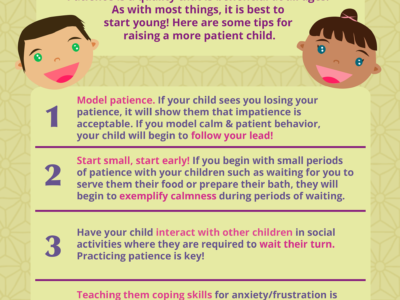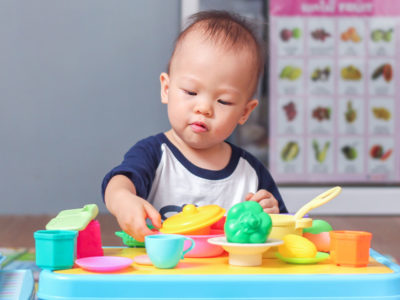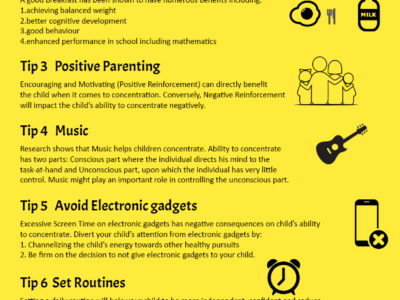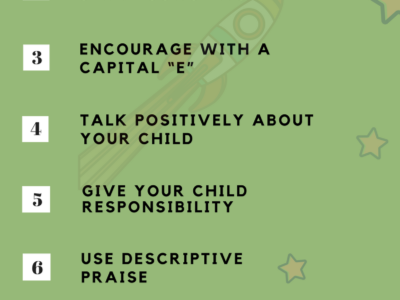
1. Showing respect.
Respect is a vast topic; nevertheless, it is one of the most important things children can know in their youthful lives.
As a parent, it is important that you clarify what it means to show respect to your children and how they can know when they are valued themselves.
Respect is a word which includes many things, including etiquette, kindness and courtesy. Of course, it’s also important for kids to realize that everyone deserves respect, regardless of where they come from or how they look.
2. Honesty.
Honesty is the best policy, especially regarding a parent and their kids. Honesty can be a great and valuable thing if it is genuinely practiced and never exploited.
Parents should note that with their children they too need to practice honesty, so that they can inspire them to find interest in telling the facts. In addition, empowering children to be truthful can also help open the lines of communication within a family and create a higher degree of confidence.
3. The value of responsibilities.
For a few years, young children do not understand accountability, but it just takes a few basic lessons to add it to their vocabulary and behaviours. Giving your kids responsibilities like chores, schoolwork, or a pet will make them enjoy their jobs, and feel a job well done. In addition, accountability lessons will also enable children to ask for support when they need it and to overcome any issues they may encounter.
4. Understanding the Importance of Gratitude.
Most kids don’t know how wonderful life is, and how fortunate they are with their special circumstance. Hence, it is important to emphasize these blessings and promote gratitude to them every day.
5. Showing kindness to everyone.
Kindness never gets old and it can make a better place for the world. If you teach your kids anything in life, teach them to always be kind to others. Children must understand that this world has many inhabitants and we must all share this earth with compassion and reverence. Encourage them to be kind to friends, family and even people that you meet together on the street. Positivity can be contagious.
6. Practicing fairness.
Not all is going to go the way for your kids, and they’re probably going to find this out very quickly in life. It is however crucial that children understand the concept of fairness and understand how to practice equality in all the social situations in which they find themselves. All should be handled fairly and guidelines should be followed in order to ensure that everybody gets a turn or a speaking time.
7. Be a True Winner.
Winning is always good, but you can encounter a “bad win.” Bad winners are those who celebrate or take joy in the loss of others.
It’s nice to inspire your kids to work hard and be the best they can be, but they should also know the responsibility for winning lies with them. Being a good champ involves shaking hands, chatting with rivals and finding opportunities for next time to improve.
8. Being a good loser.
In the other hand, children should be encouraged to be a good loser too. Children have to feel the sense of loss as it helps keep them grounded and promotes a healthy dose of humility. A lousy loser frequently finds excuses for their failures and never defends their opponent. This might not seem like a big deal in sports; but, such habits may turn into real-life scenarios which are not going to be so forgiving. Learning from mistakes and getting back to better themselves is a good loser.
9. Fostering Curiosity.
Asking questions about the world is no wrong. There is also nothing wrong with wanting to learn more or endeavoring to learn more than what a child has been presented with.
Children should be encouraged to ask questions and to test the limits at home as well as outside. Cultivating curiosity gives children the courage to speak their minds, there is no such thing as a wrong questions.
10. Assessing Self-Consciousness.
The topic of mental health is being discussed than ever before in today’s day and age. It’s hard to imagine that even children can struggle for a good mood, but it’s a cruel reality parents should be mindful of.
Help your kids by motivating them to be self-aware as much as possible. Kids necessarily don’t really need to be happy all the time. It is important however that they are in tune with their feelings and feel free to share them with others.
Kids that know their feelings and are not shy at how they feel can find easier ways to cope with them.
It’s hard to stick to any rules as a parent; sometimes, you’ve got to take it every day. These ten lessons are some of the essential aspects that children need to learn about if you’re looking for some guidelines.
When these essential concepts can be grasped, children will then be able to go out into the world more effectively and apply them more effectively.





















